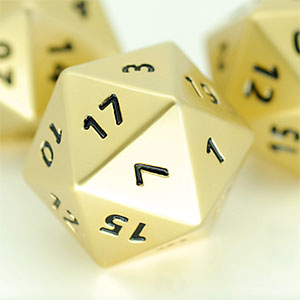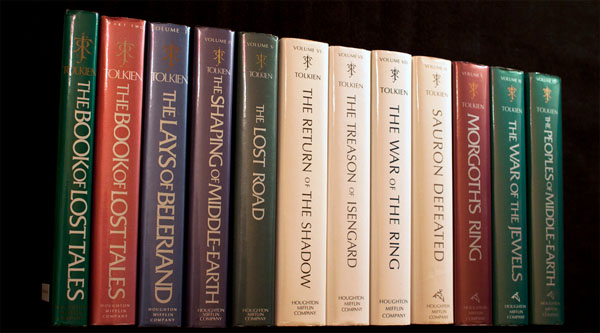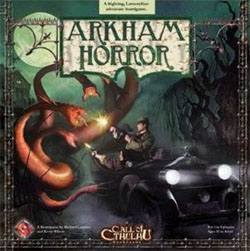 Should the Bluff skill be usable on PCs?
Should the Bluff skill be usable on PCs?
Hypothetical situation proposed on another forum: Billy doesn’t trust Sue. Billy’s player argues that, even if Sue succeeded on her Bluff check, Billy still wouldn’t believe her. It doesn’t matter how good a lie is if the person being lied to inherently doesn’t trust the speaker. Counterargument? If you inherently distrust someone, that’s what roll modifiers are for.
This is a common discussion. I had a couple of immediate reactions to this particular scenario that I thought might be of general interest.
Note that there are, in fact, two different issues here.
First: Whether or not social skills should compel PC behavior.
One group will argue that playing an RPG is fundamentally about making choices as if you were your character. Therefore, a mechanic which effectively “plays the game for you” is really problematic, particularly if it fundamentally disrupts a player’s conception of the character they’re playing. (The GM gets to create and control the entire universe; it might be best if the player gets to at least have undisputed control over his one character.)
The flip-side of this argument is that being forced to believe a lie against your will is not fundamentally different than being stabbed through your kidney with three feet of steel against your will. Both remove character agency and there’s really no reason to distinguish between the two.
What decides the issue for me, personally, is that I’ve never encountered a player in the latter group who has their enjoyment of the game negatively affected if compulsory social mechanics aren’t used: They’re OK with them, but they don’t need them. On the other hand, I’ve met lots of players in the first group who have their playing experience totally ruined by the presence of compulsory social mechanics.
So, for me, this is kind of a no-brainer: I’ve got an option that will make a lot of people happier and which will have no negative impact on anyone else. That’s the option I should go with.
Second: How the specific mechanic is being applied.
Is the mechanic sufficiently taking into account the level of distrust that Billy has for Sue? It looks like there are roll modifiers, but are those modifiers large enough to truly represent the amount of distrust he has?
Also, should the outcome of a successful Bluff check be “you believe the lie and you have to act as if you are completely gulled and have no doubts whatsoever” or should the outcome of a successful Bluff check be “she looks like she’s telling the truth / you don’t see anyone reason not to believe what she’s saying”?
This ties back into the question of whether or not the social mechanics should be compulsory or not.
To put this in perspective, imagine that this was a Poker game: Someone makes a Bluff check and succeeds against your Sense Motive check. Should the mechanics force the PC to call his bet (or go all in) without having any choice in the matter? Or should the mechanics simply report back “you think he’s got the better hand” and then let the player make the decision?
In general, I prefer social mechanics to either (a) provide information or (b) have a mechanical impact without compelling action.
If you make a Spot check to see someone hiding in a room, a successful check doesn’t compel you to attack them: The Spot check provides you with information (“there’s a dude hiding in there” or “the room appears to be empty”) and then you make a decision about what to do with that information. Similarly, a Sense Motive check should provide you with information (“you think he’s in love with Sarah” or “you don’t think she’s lying”) and it’s still up to you to make a decision about what to do with that information.
Similarly, a successful Intimidate check might apply a morale penalty to your action, but the ultimate decision of whether you drop your sword and run away screaming is up to you.
What about NPCs?
I’m perfectly OK with social mechanics being compulsory for NPCs. In fact, as a GM, I generally prefer it. The difference is that I don’t think of them as “compulsory” — instead those mechanics are the oracle that I consult to tell me what’s happening in the game world. (It’s very similar to a random encounter check: I don’t know what’s going to happen. Let’s consult the mechanics and find out.)
For similar reasons, I find it perhaps unsurprising that people have a lot less problem with compulsory social mechanics in STGs: They are playing a game of narrative control and the relationship they have to their character is very different than the relationship a player has to their character in an RPG. An oracular consultation of the mechanics to determine what their character is doing is more likely to fit into their mental landscape; it also just becomes one more mechanic for determining narrative control among a plethora of such mechanics.














